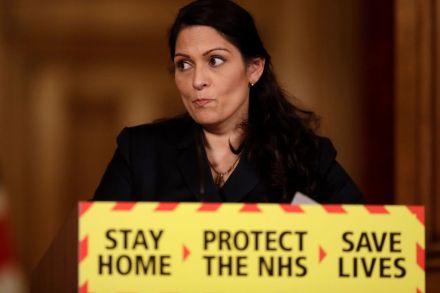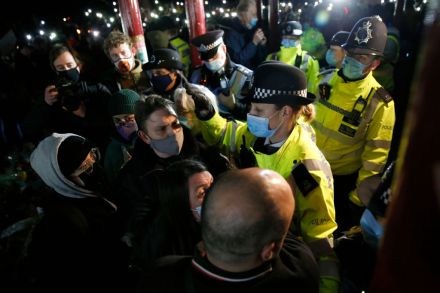Louis XIV would envy your life
Some things in life acquire an outsize popularity which defies all common sense. The outlandish appeal of such things cannot be explained except by reference to René Girard’s theory of mimetic desire – the idea that there are many things we value not for their intrinsic utility and enjoyment but because we see that other people want them. Examples of such positive feedback loops in excess fashionability would include sourdough bread, Miss Taylor Swift and houses in Clapham or Fulham. Property is simply a stupid, rivalrous, uninnovative, rent-seeking repository for people’s money Fulham, for instance, is so far west it should have its own time zone. If you work in







